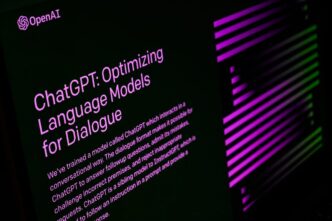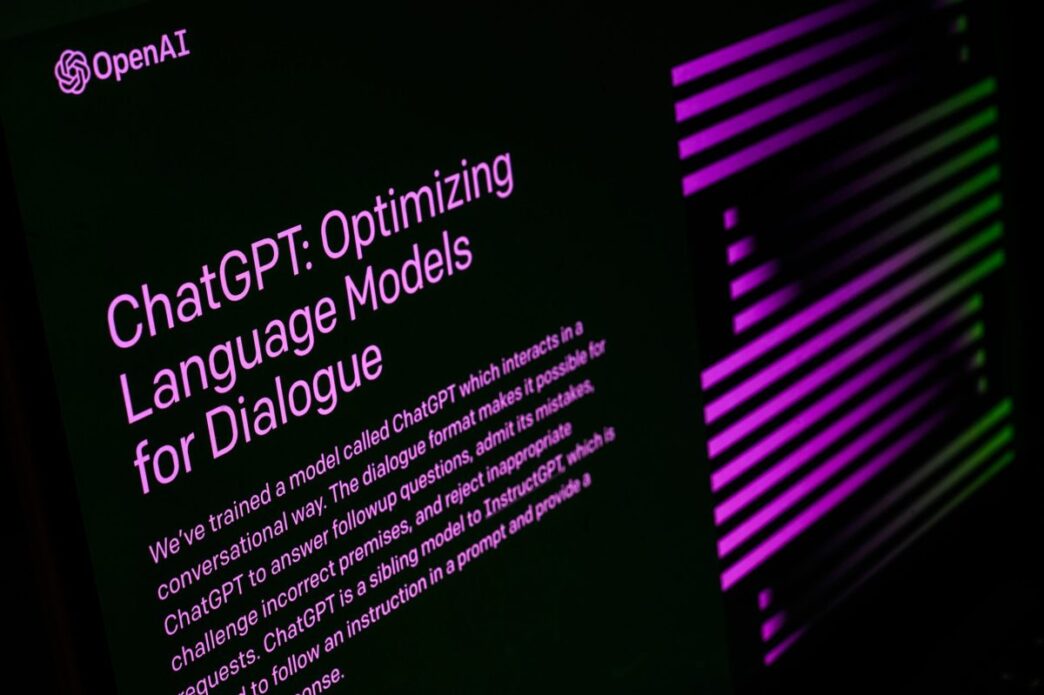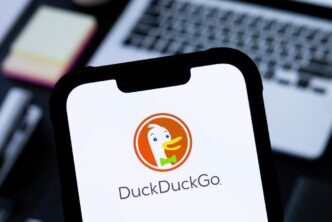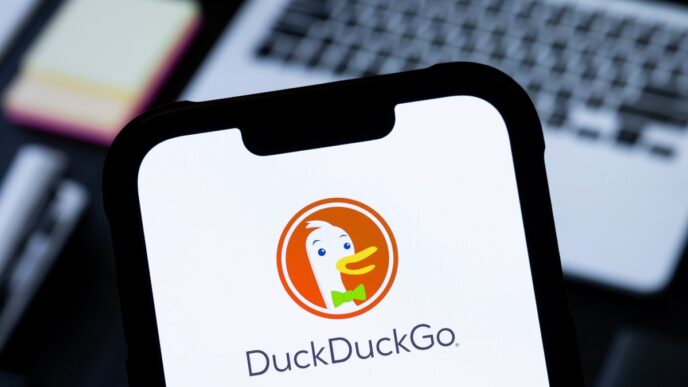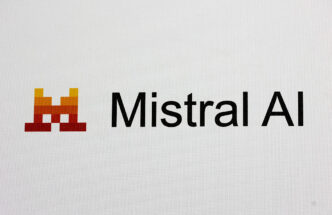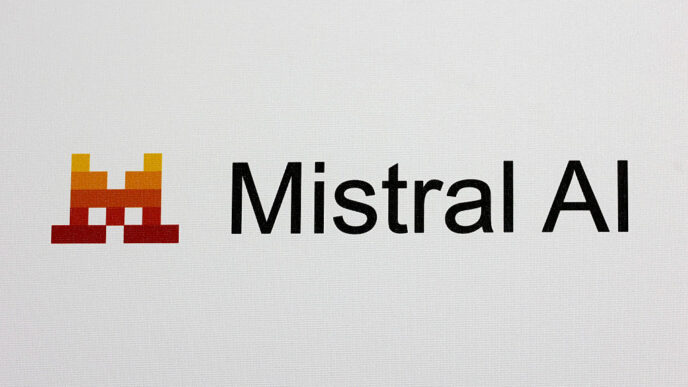OpenAI is firing up 2025 with a slew of moves and challenges. The AI giant launched ChatGPT Agent in July, a general-purpose AI helping with calendars, presentations, code, shopping, and complex workflows—all inside a secure digital sandbox. But safety concerns pushed OpenAI to delay its open model launch again.
OpenAI is also prepping an AI browser to take on Google Chrome by keeping users’ interactions inside ChatGPT. Meanwhile, a new "Study Together" feature is being tested to make ChatGPT a more interactive learning tool. Despite rising news site referrals from ChatGPT, most users now get news directly from AI, cutting clicks to traditional sites.
In June, OpenAI started powering its products with Google’s AI chips, marking a break from its Nvidia-only setup. The ChatGPT app hit nearly 30 million downloads in one month, keeping pace with TikTok and Instagram. The energy cost of one ChatGPT query? About enough to power a lightbulb for a couple minutes.
OpenAI upgraded its AI voice mode for paid users to sound more natural and added business features like meeting recordings and Google Drive integration. The company rolled out o3-pro, an upgraded reasoning model, and plans to ramp up hardware capabilities after announcing a $6.4 billion bid for Jony Ive’s startup io.
On the research front, a Stanford study warns AI therapy bots risk stigmatizing people and behaving harmfully. An MIT study also flagged potential harm to critical thinking skills from ChatGPT use.
Legal battles continue as OpenAI faces copyright infringement suits from Alden Global Capital-owned newspapers and an injunction from Elon Musk to stop the company’s shift to for-profit.
OpenAI’s leadership saw big changes with co-founder and chief scientist Ilya Sutskever and CTO Mira Murati exiting. COO Brad Lightcap is taking on global expansion and partnerships.
The company’s revenue outlook is bullish, expecting to triple to $12.7 billion in 2025. Yet, critics point out issues like ChatGPT’s sycophantic tendencies, hallucinations, and privacy complaints in Europe.
Meanwhile, OpenAI is dialing up its AI agent tools with hefty price tags—up to $20,000 a month for PhD-level assistants. ChatGPT now supports direct code editing in tools like VS Code and Xcode for Plus, Pro, and Team subscribers.
This all unfolds as OpenAI braces to push a new “unified” GPT-5 model that will consolidate much of its tech, shelving standalone releases like o3. And from licensing chips to adding watermarking on AI-generated images, OpenAI is moving fast, juggling innovation, growth, and growing pains.
TechCrunch will keep updating as more unfolds.
CEO Sam Altman on delaying the open model release:
we planned to launch our open-weight model next week.
we are delaying it; we need time to run additional safety tests and review high-risk areas. we are not yet sure how long it will take us.
while we trust the community will build great things with this model, once weights are…
— Sam Altman (@sama) July 12, 2025
OpenAI introduces ChatGPT Agent: https://openai.com/index/introducing-chatgpt-agent/
OpenAI rolling out o3-pro upgrade:
OpenAI o3-pro is available in the model picker for Pro and Team users starting today, replacing OpenAI o1-pro.
Enterprise and Edu users will get access the week after.
As o3-pro uses the same underlying model as o3, full safety details can be found in the o3 system card.…
— OpenAI (@OpenAI) June 10, 2025
OpenAI CEO Sam Altman highlights energy cost per ChatGPT query:
The average ChatGPT query uses about one-fifteenth of a teaspoon of water and 0.34 watt-hours of electricity—powering a lightbulb for a few minutes.
OpenAI revenue projection for 2025: expected $12.7 billion, tripling from prior year (per Bloomberg report).
OpenAI faces lawsuits and an injunction from Elon Musk amid profitability shift efforts.
More at OpenAI’s official updates and ongoing coverage here.
